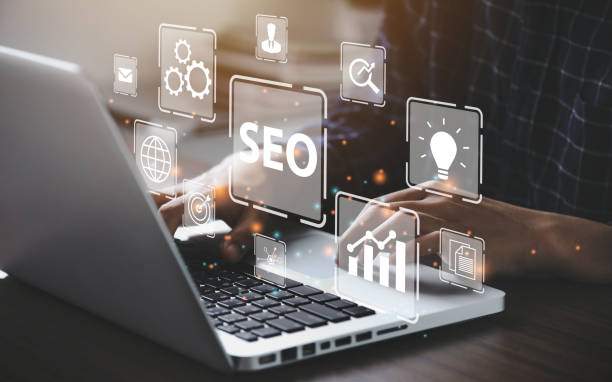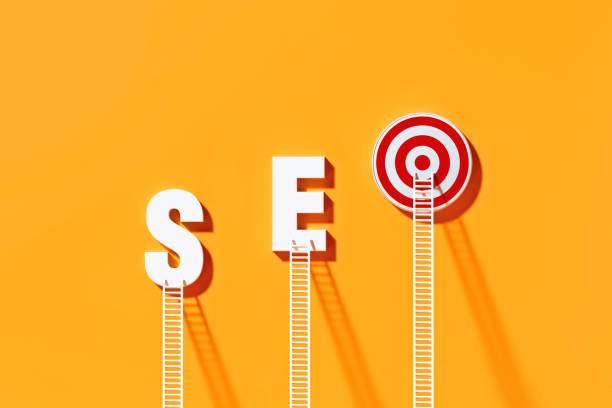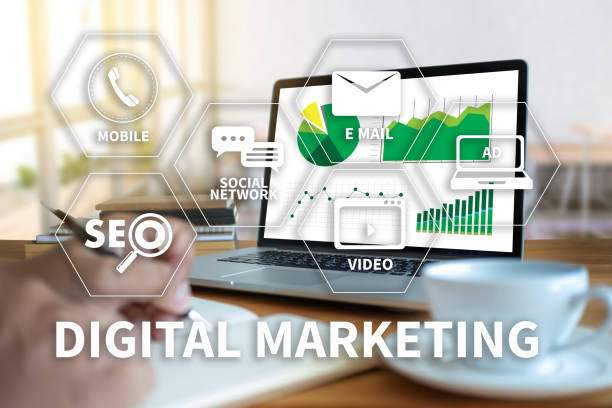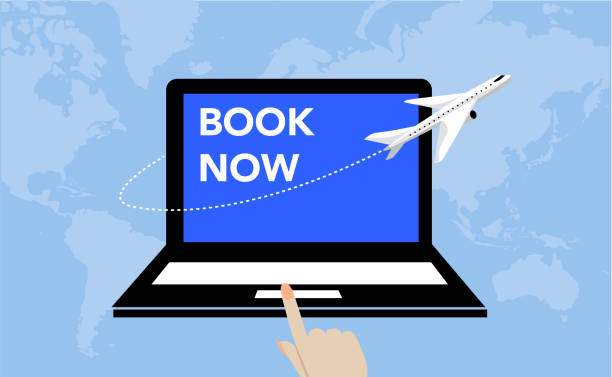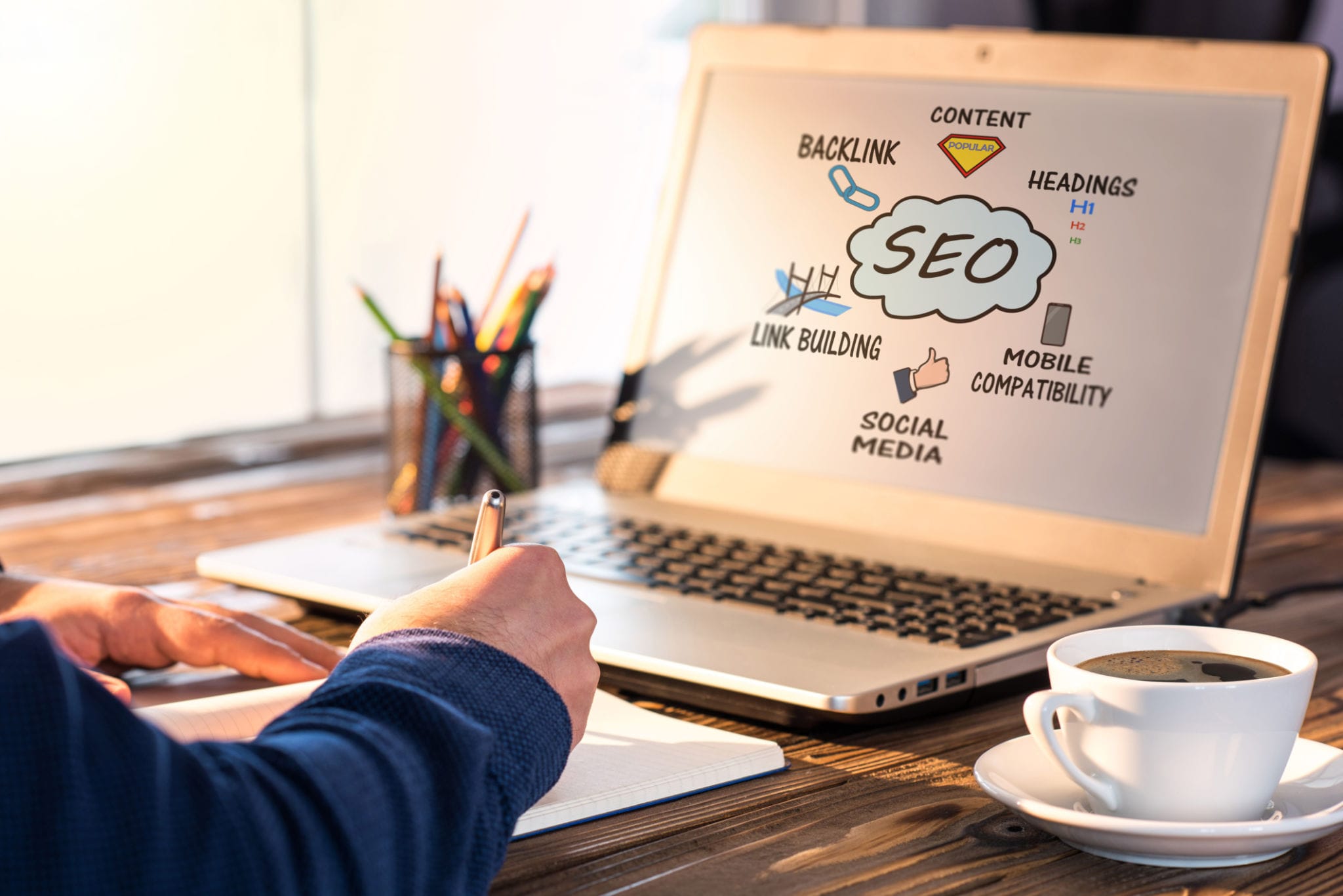In today’s fast-paced digital landscape, establishing a commanding online presence is indispensable for hotels and resorts striving to excel in the fiercely competitive hospitality sector. As potential guests increasingly rely on the internet for research and reservations, it’s imperative for establishments to assert their presence on platforms like Google My Business (GMB). This is precisely where Booking Master’s GMB Service steps in, offering a tailored solution designed specifically for hotels and resorts aiming to dominate the digital realm.
Booking Master’s GMB Service boasts a diverse array of features aimed at amplifying the visibility and allure of your hotel or resort on the digital stage. From strategic SEO tactics to proactive security measures, here’s an in-depth exploration of the services provided:
GMB Account Creation:
Initiating a GMB account marks the initial stride toward establishing a robust online presence. However, crafting an impactful account that authentically mirrors your hotel’s essence demands meticulous attention to detail. Booking Master ensures that your GMB account isn’t merely created but meticulously customized to align with your hotel’s distinct identity and objectives. This encompasses optimizing business details, selecting pertinent categories, and integrating captivating visuals to captivate potential guests.
Strategic SEO Keyword Placement:
In the expansive digital landscape, visibility serves as the linchpin for attracting guests to your hotel. Booking Master employs strategic keyword placement strategies to augment your hotel’s online visibility and bolster its search engine ranking. By pinpointing pertinent keywords relevant to your hotel and its offerings, Booking Master ensures that your GMB profile occupies a prominent position in search results, thereby heightening the likelihood of engaging potential guests.
Comprehensive Security Training:
Safeguarding the integrity of your GMB account stands paramount to thwart unauthorized access and potential misuse. Booking Master provides thorough security training to your hotel staff, equipping them with the requisite knowledge and expertise to fortify your GMB account effectively. This proactive approach serves to mitigate security threats, thereby safeguarding your hotel’s online presence and integrity.
Optimized Profile Management:
Efficiently managing a GMB profile necessitates continuous vigilance to ensure accuracy and relevance. Booking Master assumes the mantle of setting up and maintaining your GMB profile, ensuring precision and allure to entice potential guests. From updating business particulars to optimizing visuals and posts, Booking Master ensures that your GMB profile remains dynamic and captivating, thereby augmenting its efficacy in enticing and converting potential guests.
Location Rectification:
Inaccuracies pertaining to your hotel’s location on Google Maps can breed confusion and frustration among potential guests endeavoring to locate your establishment. Booking Master addresses this concern by rectifying any discrepancies in your hotel’s location on Google Maps, thereby facilitating seamless navigation for guests. This seemingly mundane yet pivotal measure serves to enhance the overall guest experience and bolster booking conversions.
Account Reinstatement:
In the regrettable event of an account suspension or disruption, prompt remedial action is imperative to restore functionality and curtail any adverse ramifications on your hotel’s online presence. Drawing upon ample experience, Booking Master adeptly navigates the account reinstatement process, ensuring swift and efficacious restoration. This proactive stance serves to preserve the vibrancy of your online presence and minimize potential disruptions to your hotel’s operations.
Enhanced Security Measures:
Amidst the burgeoning prevalence of cyber threats and online vulnerabilities, fortifying your GMB account against unauthorized access and malicious activities assumes heightened significance. Booking Master implements advanced security protocols to bolster the resilience of your GMB account, shielding it from hackers and suspicious endeavors. By prioritizing security, Booking Master furnishes you with peace of mind, assuring the safeguarding of your hotel’s online presence.
Integration of Call Button:
Facilitating seamless communication constitutes a cornerstone of delivering exemplary customer service and stimulating booking inquiries. Booking Master enhances guest communication by seamlessly integrating a call button into your GMB account, thereby enabling potential guests to initiate direct contact with your hotel effortlessly. This seamless integration streamlines communication channels, thereby expediting the booking process and ultimately enhancing conversion rates and revenue generation.
Property Validation:
Establishing credibility and engendering trust among potential guests represent pivotal prerequisites for driving bookings and fostering a positive reputation. Booking Master validates unclaimed GMB accounts linked to your hotel, thereby bolstering its online credibility and inspiring confidence among potential guests. By asserting ownership of your GMB account, you affirm your hotel’s legitimacy and authenticity, thereby augmenting its allure and attracting a broader audience.
Ownership Assertion:
Asserting control over your GMB account constitutes a pivotal stride toward unlocking its full potential and maximizing its efficacy as a marketing tool. Booking Master facilitates the process of claiming ownership of your GMB account, empowering your hotel to exert control over its online presence with confidence. Ownership confers the liberty to optimize and customize your GMB account in accordance with your hotel’s unique objectives, thereby fostering greater visibility and engagement.
Review Oversight:
Online reviews wield considerable influence in shaping potential guests’ perceptions of your hotel and influencing their booking decisions. Booking Master delivers adept review management services, ensuring the upkeep of a positive online reputation by promptly addressing and responding to guest reviews. By proactively managing reviews, you underscore your commitment to guest satisfaction, fostering trust and loyalty among potential guests, and ultimately driving bookings and revenue.
Google Analytics Integration:
Harnessing data-driven insights holds immense value in comprehending your hotel’s online performance and formulating informed decisions to propel growth. Booking Master seamlessly integrates your GMB account with Google Analytics, furnishing you with invaluable insights into key metrics such as website traffic, conversion rates, and user behavior. By leveraging these insights, you can pinpoint optimization opportunities, thereby enhancing your hotel’s visibility and competitiveness within the market.
In conclusion, Booking Master’s GMB Service emerges as a beacon of innovation and expertise in the dynamic realm of digital hospitality. Through its tailored solutions and proactive approach, Booking Master empowers hotels and resorts to not only establish a robust online presence but also to thrive and excel in the fiercely competitive landscape. From strategic SEO tactics to comprehensive security measures, every aspect of Booking Master’s service is meticulously designed to elevate visibility, foster trust, and drive bookings. As the hospitality industry continues to evolve in the digital age, partnering with Booking Master ensures that your establishment remains at the forefront of innovation, poised for enduring success.
